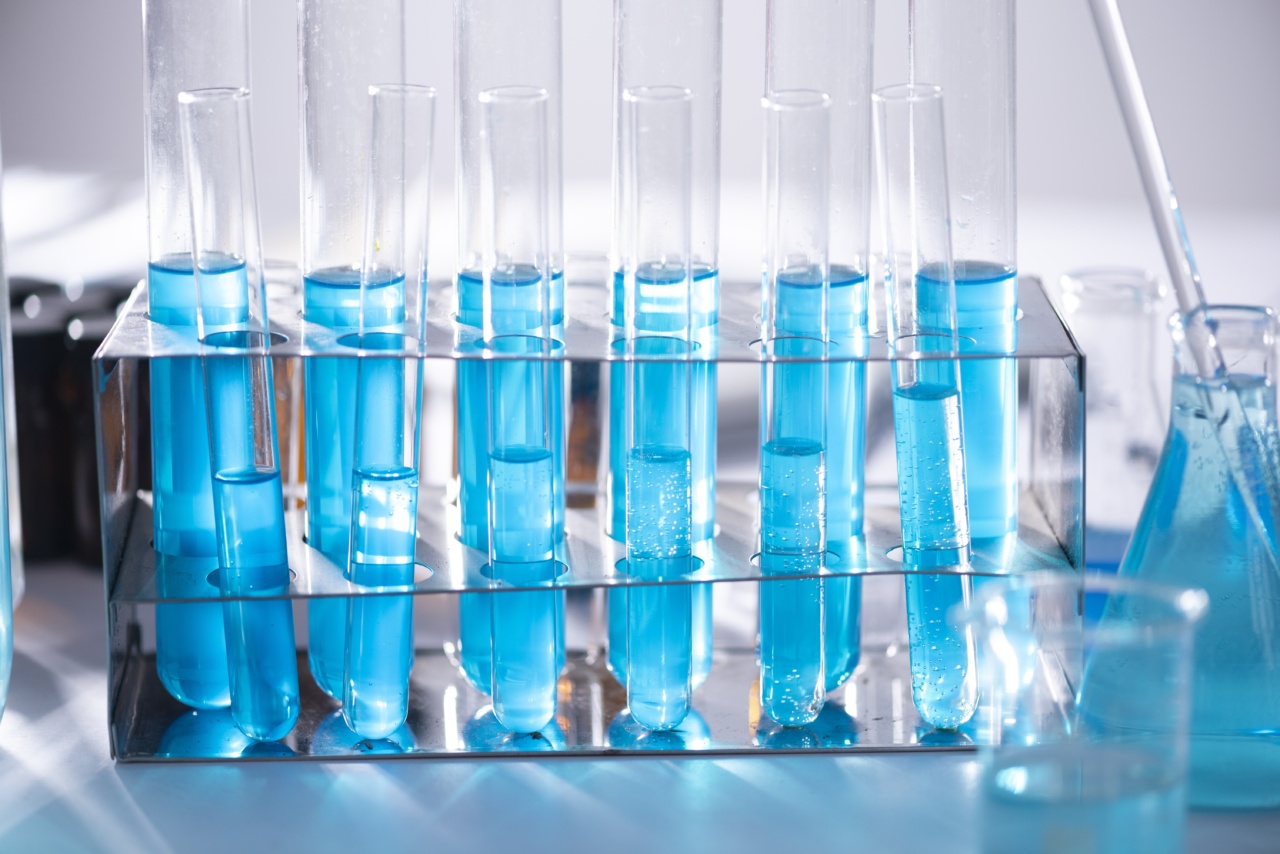Irritable bowel syndrome (IBS) is a common digestive disorder that affects the large intestine.
IBS is characterized by a cluster of symptoms, including abdominal pain, bloating, and changes in bowel movements such as diarrhea, constipation, or alternating between the two.
The exact cause of IBS is still unclear, but researchers have found a strong association between gut bacteria and IBS.
Gut bacteria play a crucial role in maintaining the health of the digestive system, and an imbalance in the gut microbiome -the community of microbes that live in the gut- can contribute to the development of IBS.
Gut Bacteria and Digestive Health
The human gut microbiome consists of trillions of microorganisms, including bacteria, viruses, and fungi. These microorganisms perform essential functions, such as breaking down food, producing vitamins, and regulating the immune system.
Studies have shown that a healthy gut microbiome can promote digestive health and prevent the onset of gastrointestinal disorders such as IBS, inflammatory bowel disease (IBD), and Crohn’s disease.
However, imbalances in the gut bacteria can lead to gut dysbiosis, a term used to describe an unhealthy state of the gut microbiome. Gut dysbiosis has been linked to many health problems, including digestive disorders like IBS.
The Role of Gut Bacteria in IBS
The exact mechanisms linking gut bacteria to IBS are still not fully understood. However, research has identified several factors that suggest that an imbalance in gut bacteria contributes to the development of IBS.
Factors Linking Gut Bacteria to IBS
Inflammation
Inflammation in the gut can contribute to the development of IBS, and dysbiosis is associated with an increased risk of inflammation.
The imbalance of gut bacteria can create an environment where harmful bacteria and toxins can thrive, leading to inflammation.
Intestinal Permeability
The gut lining is a barrier that prevents harmful substances, such as bacteria and toxins, from entering the bloodstream.
Imbalances in gut bacteria can damage the gut lining, creating gaps in the intestinal wall that allow harmful substances to leak into the bloodstream. This phenomenon, known as intestinal permeability or “leaky gut,” has been linked to IBS and other digestive disorders.
Gut-Brain Axis
The gut-brain axis is the connection between the gut and the central nervous system. Research has shown that gut bacteria can influence the gut-brain axis, producing changes in the brain that could contribute to the development of IBS.
Treatment Options for IBS
Currently, there is no cure for IBS, but treatment options are available, which aim to alleviate symptoms and improve the quality of life.
Dietary Changes
Diet plays a crucial role in maintaining a healthy gut microbiome, and making dietary changes can help alleviate the symptoms of IBS.
Eating a diet rich in fiber, and avoiding trigger foods such as dairy, gluten, and processed foods can improve symptoms.
Probiotics
Probiotics are live microorganisms that can confer health benefits when consumed in adequate amounts. Research has shown that probiotics can improve symptoms in people with IBS by restoring the gut microbiome’s balance.
Antibiotics
Antibiotics are medications that are used to treat bacterial infections. In some cases, antibiotics are prescribed to treat IBS symptoms, primarily when small intestinal bacterial overgrowth (SIBO) is present.
SIBO is a condition in which there are high levels of bacteria in the small intestine, leading to symptoms similar to IBS.
Stress Management
Stress can worsen IBS symptoms, and stress management techniques such as exercise, meditation, and yoga can help alleviate symptoms.
Conclusion
In conclusion, gut bacteria play an essential role in maintaining digestive health, and imbalances in the gut microbiome can contribute to the development of IBS.
Dietary changes, probiotics, antibiotics, and stress management are all treatment options that can help alleviate IBS symptoms.































